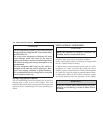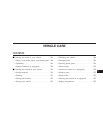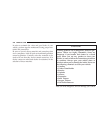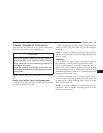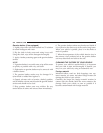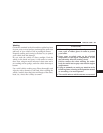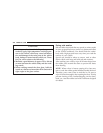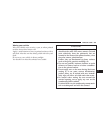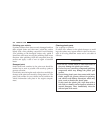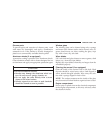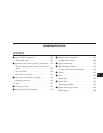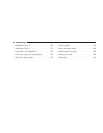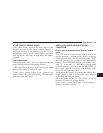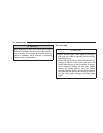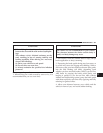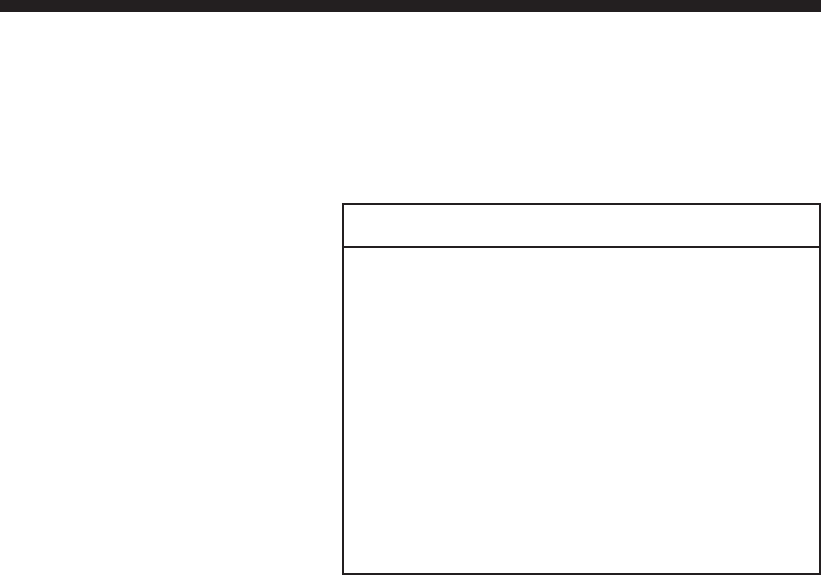
Polishing your vehicle
If painted surfaces have been severely damaged and lost
their original luster and color tone, polish the surface
lightly with a fine polishing compound. Avoid limiting
your polishing to the damaged surface only; polish a
somewhat wider area, moving the polishing cloth in one
direction. After polishing, flush the compound from the
surface and apply a coat of wax to regain a beautiful
luster.
Damaged paint
Small cracks and scratches in the paint coat should be
touched up as soon as possible with touch-up paint to
prevent corrosion.
Check body areas facing the road or the tires carefully for
damage to the paint coat caused by flying stones, etc. The
paint code number for your vehicle can be found on the
vehicle information code plate in the engine compart-
ment.
Cleaning plastic parts
Use a sponge or chamois.
If vehicle wax adheres on the plastic bumper or mold-
ings, the surface may appear white in color. In this case,
wipe it off using lukewarm water and a soft cloth or
chamois.
CAUTION!
•
Do not use a scrub brush or other hard tools as
they may damage the plastic part surface.
•
Do not use wax containing compound (polishing
compound) which may damage the plastic part
surface.
•
Do not bring plastic parts into contact with brake
fluids, engine oils, greases, thinner for painting,
and sulfuric acid (battery electrolyte) which may
stain, crack or discolor the plastic parts.
If they touch the plastic part, wipe them with a
soft cloth, or chamois and an aqueous solution of
neutral detergent. Then, immediately rinse the
affected parts with water.
254 VEHICLE CARE



